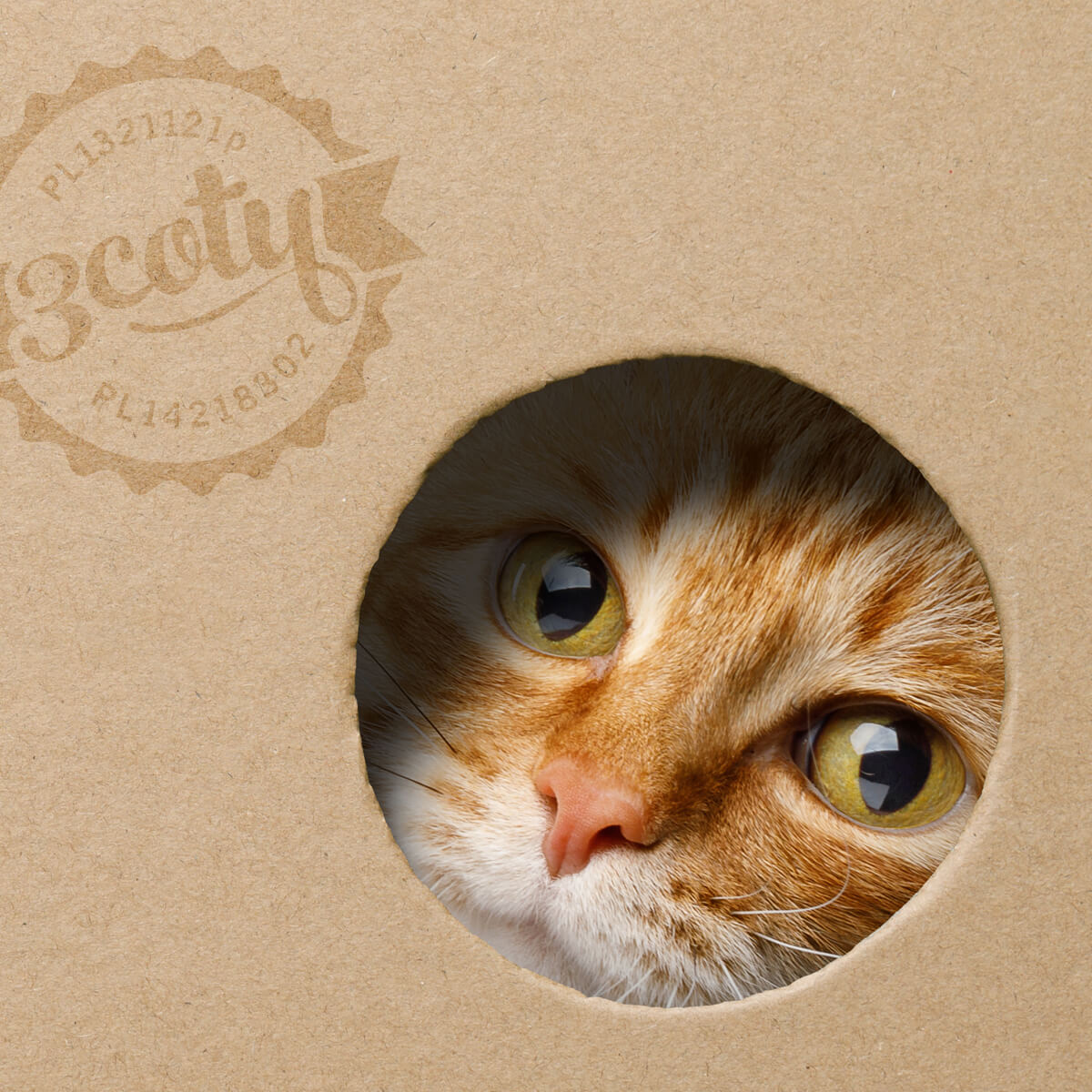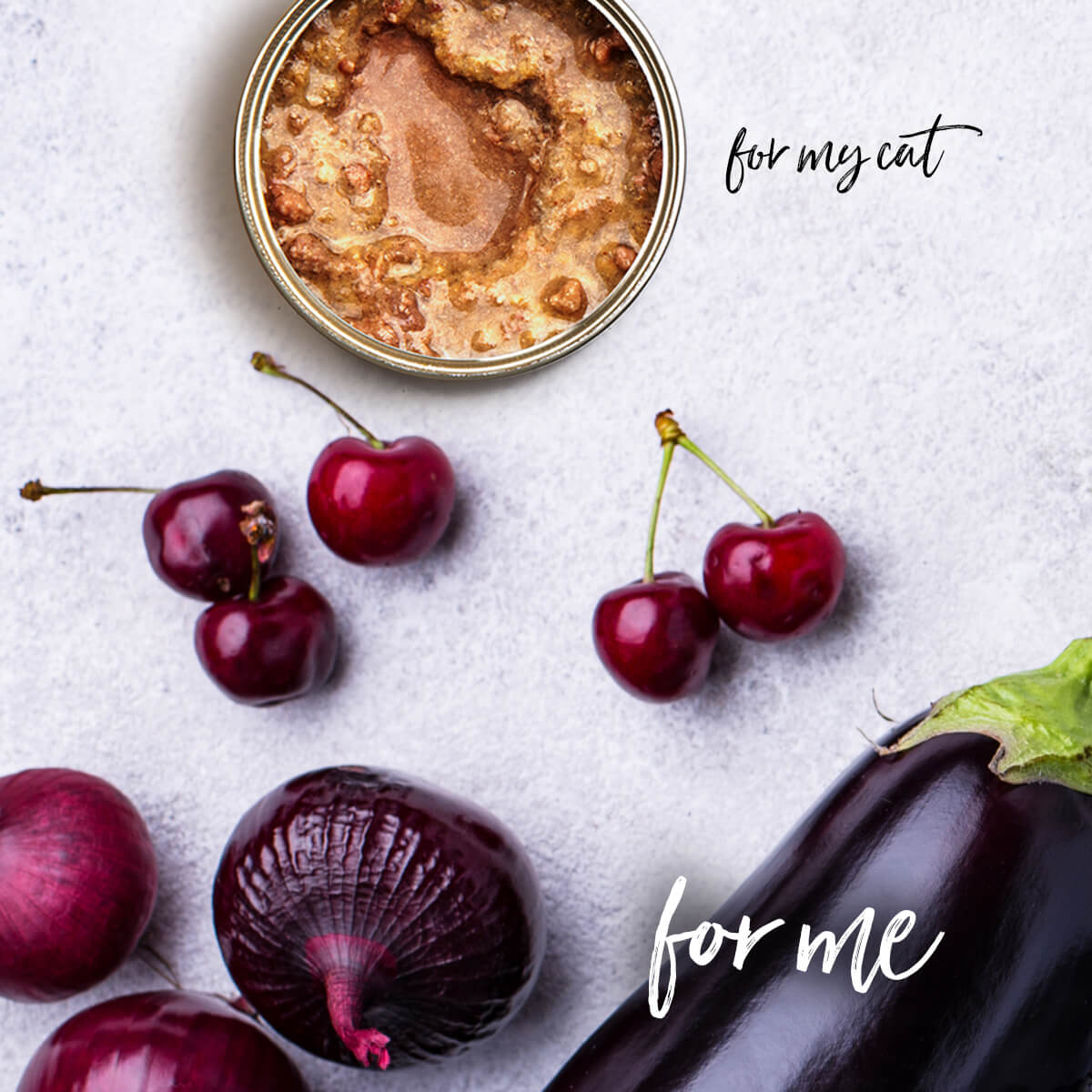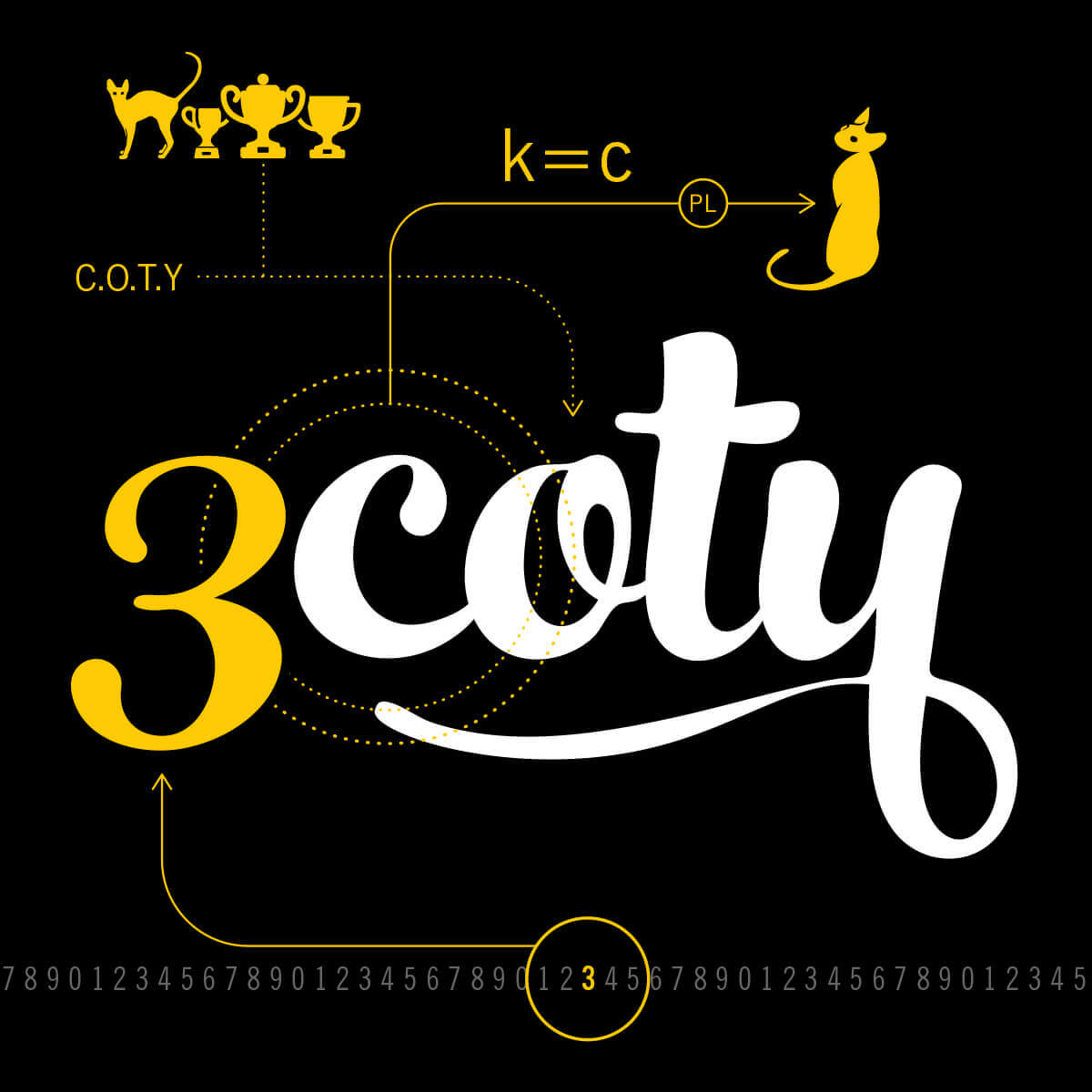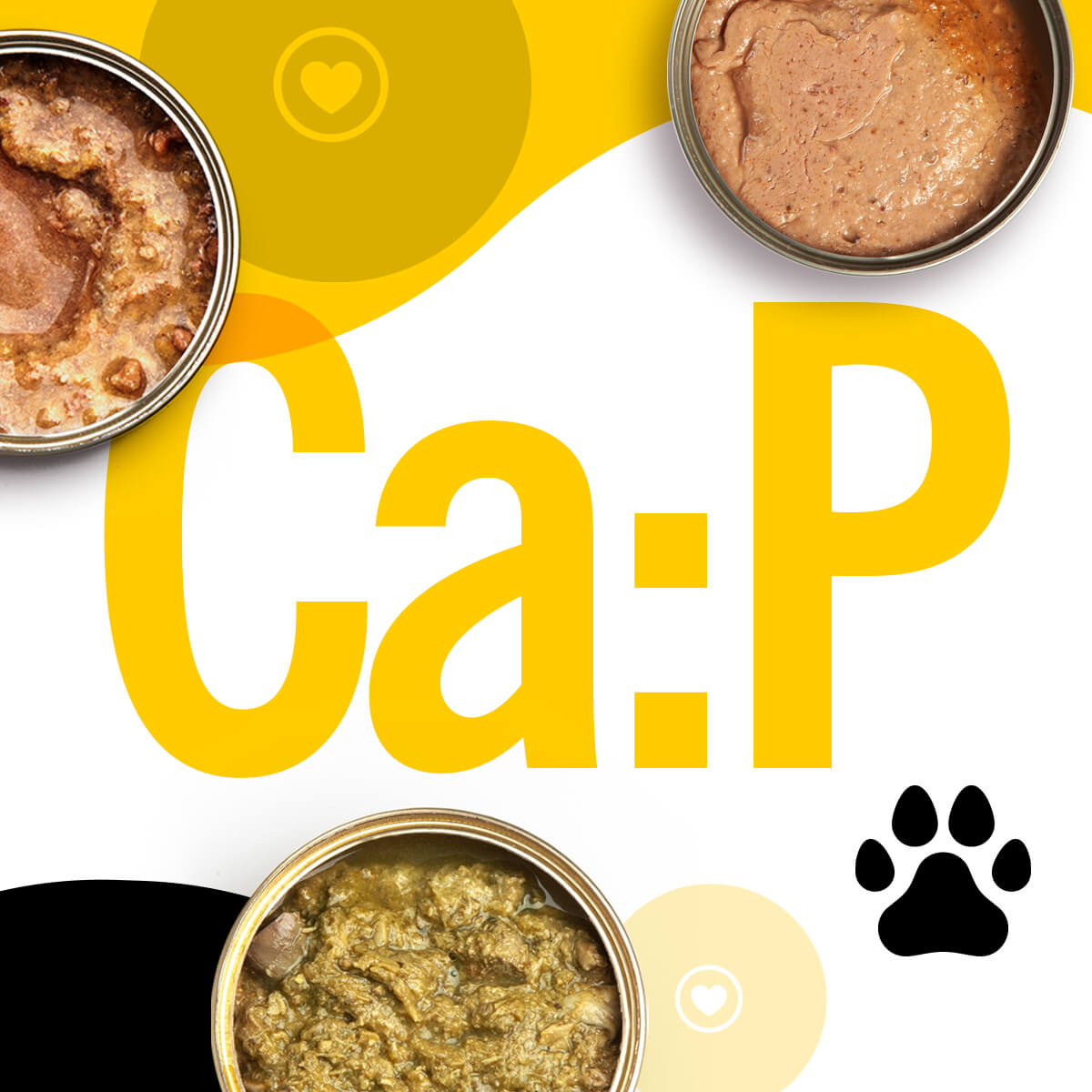Essential for cats, less so for humans
Many cat owners will have heard that it is important for cats to eat taurine. It is also one of the ingredients listed on some energy drinks sold for human consumption. So, what is taurine? Will feeding my cat food with taurine boost their energy or increase the frequency of 3 am zooms around the house? Or will eating cat food help boost my energy levels? We have written about Taurine before but recent discussions on social media we have been following prompted us to revisit the issue.
Amino acids
Starting with the basics, taurine is an amino acid. Amino acids are organic compounds that serve as the building blocks of proteins. Proteins are essential macromolecules in living organisms, playing a crucial role in various biological processes. There are lots of different amino acids which come from various sources, some are consumed directly, and others are synthesized in the body. Each amino acid enables different compounds to be gainfully used in the body. There are 20 standard amino acids that make up the vast majority of proteins. These amino acids can be classified into two groups: essential and non-essential. Essential amino acids cannot be synthesized by the body and must be obtained through the diet, while non-essential amino acids can be synthesized by the body. Taurine is NOT an essential amino acid for humans. Our bodies can produce it when needed and there is little evidence that the taurine added to energy drinks has any positive effect on the human body.
Cats need taurine
For cats, taurine IS an essential amino acid. Cats cannot synthesize taurine in sufficient amounts within their bodies, so they must obtain it through their diet. Taurine plays a vital role in various physiological functions in cats, and a deficiency can lead to serious health problems.
Eye function
The photoreceptors, which allow a cat to see light, use taurine as do other parts of the retina at the back of the eye. Insufficient taurine can mean that cats, who are usually most active at dusk and dawn, struggle to see at these low-light times of day and night. It is an important compound right from the outset of the development of the eyes before kittens are even born. It is therefore important that pregnant queens get sufficient taurine to ensure their own vision and allow that of their kittens to develop. Taurine is essential for maintaining proper eye function in cats. A deficiency can lead to retinal degeneration and vision impairment.
Heart benefits
Taurine’s effect on the cardiovascular system contributes to the regulated contraction of the heart muscle. Taurine deficiencies can lead to dilated cardiomyopathy (DCM), a serious heart disease which can be fatal if undetected and untreated. Here, prevention is not just better than cure, it is likely to be cheaper than helping your cat live with a serious heart condition.
General health
The immune system, skeletal muscular system and nervous system all benefit from taurine. It plays a role in the formation of certain proteins which are crucial for muscle function, it regulates neurotransmitters and helps the immune system to fight off diseases and heal injuries.
How much taurine
The specific dietary requirements for taurine in cats can vary based on factors such as age, weight, health status, and activity level. Generally, a cat’s diet should provide enough taurine to meet its nutritional needs. The current recommendation for calculating Taurine intake is a minimum of 0.1% taurine on a dry matter basis in cat food. This guideline, published by FEDIAF, the European Pet Food Association is designed to prevent taurine deficiency in cats.
While taurine toxicity is rare, it’s important to understand the potential risks associated with excessive taurine intake in cats. Some potential side effects could include gastrointestinal imbalance (loose stool), changes in behaviour, or other metabolic imbalances.
Taurine in cat food
While choosing the right diet for your cat, it is important to keep in mind the difference between complete and complementary food. The definition of a complete food for cats is “one that meets the nutritional requirements. These requirements are influenced by the cat’s strict carnivorous nature, high protein needs, and specific nutrient requirements”, including the right amount of Taurine. In a nutshell, complete food means that the pet food provides all the nutrients that your cat requires each day when fed as instructed on the label, while complementary means that this cat food is intended to be mixed with something else so it is not a full meal. It could be a nutritional additive, a snack or a treat. Choosing only a complementary diet for your cat over a longer period of time, might have negative effects on all nutrient levels, especially on the level of taurine consumed by your cat.
Including taurine in your cat’s diet
Taurine is present in most meats, so most cats on a meat-only diet are likely to be eating taurine. However, when taking a raw feeding or B.A.R.F. approach, owners can never be quite sure how much taurine their cat is getting. Many commercial cat foods include taurine. In the mid-20th century, as commercial cat foods started including non-meat ingredients, the incidence of taurine insufficiency increased. It is now added by some manufacturers to compensate for the low meat proportion. All 3coty® natural wet cat foods contain sufficient taurine for the everyday life and development of cats. Our kitten foods contain slightly more to help with the development of muscles and eyes in early life. For an additional, possibly temporary increase in taurine consumption, you can also sprinkle some 95. IMMUNE SUPPORT onto your cat’s food. The amount of taurine in all our products is carefully monitored and balanced so even when eaten together, the overall amount is not excessive. We do not, however, recommend letting your cat drink an energy drink to boost their taurine intake!






